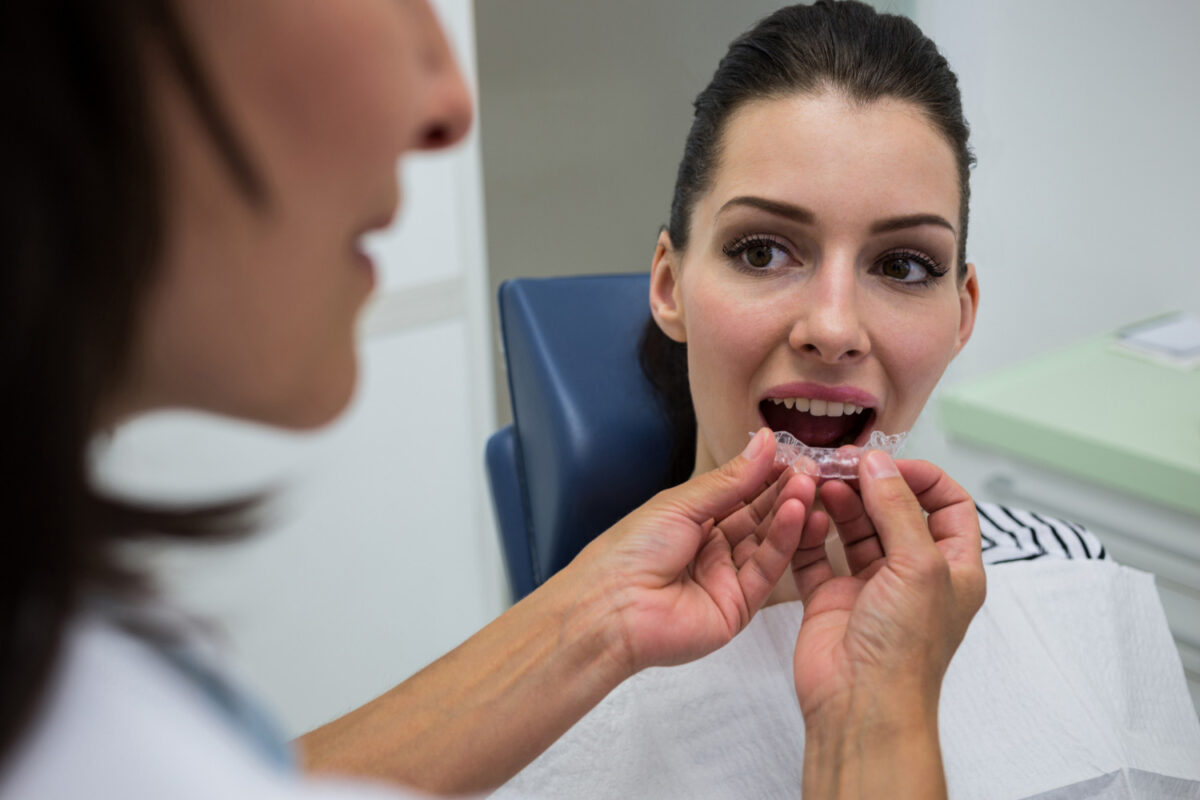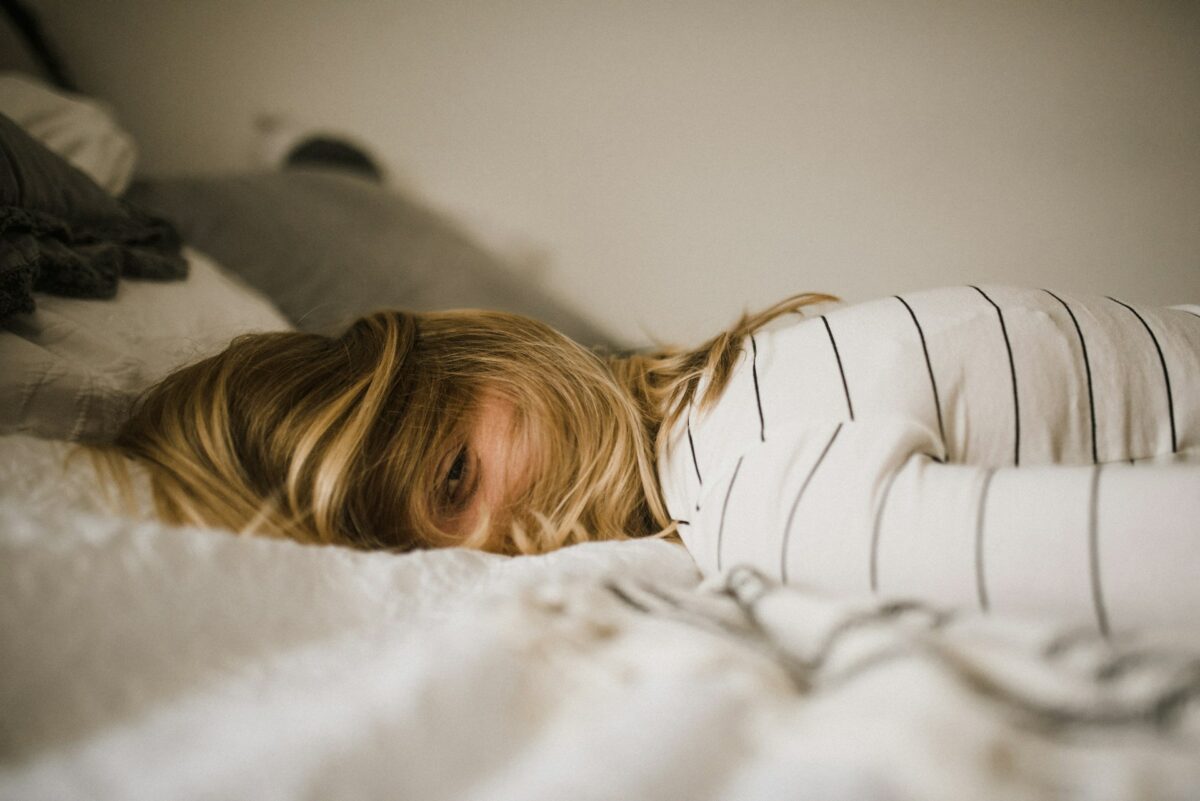Sleep is essential to the excellent function of the brain. It is an active process of the brain, involving neurotransmitters in many areas and what we call the biological clock, which directly affects electric rhythms during sleep. Our sleeping brain waves change depending on our state of consciousness.
So how is it linked to migraines? Here’s what you should know.
Sleep as a Migraine Treatment
Sleep has been known to help treat migraines for centuries. According to scientists, sleep is essential to human survival. Scientists have shown that sleep modifies the neurotransmitter balance in the brain, recharges your brain’s energy supply (ATP) and cleans up waste products. Sleep can reverse these changes; if migraines are a mechanism the brain uses when overloading, it makes sense that sleep would help.
Migraines at Night
Deep sleep attacks or early morning migraines are difficult because you cannot recognize them early enough to use acute treatment. When you wake up, the attack is well installed. It seems ironic that sleep could trigger attacks and be a treatment simultaneously. The mechanisms involved are probably different. Treatments disrupting sleep are common, especially after age 40. A fast-acting acute treatment like a spray or an injection can help treat the condition instantly.
Night Migraines and Sleep Apnea
Obstructive sleep apnea narrows the upper airways and reduces airflow during sleep. This causes surges in blood pressure, mini-awakenings, and gasps for air. This impacts your cardiovascular health, brain, and migraines. Obstructive sleep apnea is often associated with obesity and a thick neck, but other factors can also cause it. There are different tests available to screen for sleep apnea, as well as treatment options.
Sleep, Migraines and Menopause
Menopause is linked to nighttime awakenings in 80 percent of women, mainly due to an imbalance in body temperature regulation. The resulting lack of sleep increases the frequency and severity of migraines. If your migraines are related to menopause, you can reduce the number and severity of attacks by lowering your body temperature regulation imbalance during sleep.
This includes avoiding hot showers before bed and swapping hot meals for cold meals. Your doctor may prescribe hormone replacement therapy but should consider the associated risks and benefits first.
Should You Seek a Physician If You Wake Up with Headaches?
Because of the sleep-migraine cycle, some people wake up with headaches, which are inevitably linked to sleepiness. If you experience sleep problems, you can also experience migraines. Migraines are typically more common in women than in men. One theory is that hormonal changes associated with menstruation or menopause are associated with migraines.
However, it’s also true that women are more likely to seek treatment for their migraines, so it’s hard to know what’s causing what. It can be hard to distinguish between stress, depression, and migraines, so it’s even harder to tell if migraines are a cause or an effect of sleep problems.
Be sure to consult with a sleep specialist and doctor to rule out an underlying sleep disorder, such as sleep apnea, before you start treating migraines.
Conclusion
Sleep and migraines are linked, and you can fight your migraines with a good sleep cycle. If migraines continue to persist, you need to see a doctor.
At Sleep Better Live Better, Dr. Muir and her qualified team have helped thousands of patients find healthy sleep solutions in North Vancouver, Surrey, and Satellite Victoria. Whether you’re suffering from sleep apnea, insomnia, or other sleeping problems, Dr. Muir and her team are glad to be of service. Sleep your way to health and vitality today! If you’re looking for a sleep clinic in Surrey, we’ve got you covered. Call us today at 604-587-5337 to book a schedule!





